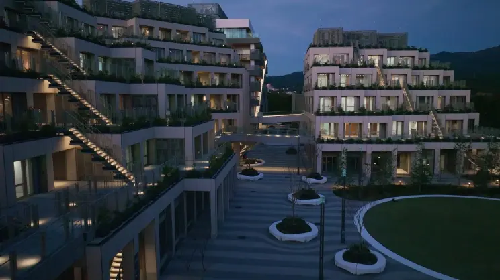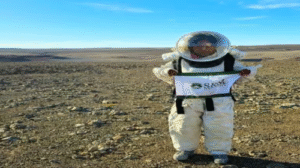Toyota Motor Corporation has officially launched the first phase of Woven City, its highly ambitious, $10 billion experimental “living laboratory” built on the former site of a car plant at the base of Mount Fuji. The city, which aims to redefine the future of urban living and mobility, will begin welcoming its first residents—primarily Toyota Group employees and their families—this fall.
The launch of Woven City marks a critical step in the automaker’s transformation from a traditional car manufacturer into a comprehensive “mobility company.”
Dubbed a “test course for mobility,” Woven City is a live environment where cutting-edge technologies will be developed and validated in four key areas: people, goods, information, and energy.
- Autonomous & Connected: The city is designed to integrate autonomous vehicles, robotics, and smart infrastructure from day one. Its road system is segregated into three distinct paths at ground level: one for fast, dedicated mobility (like autonomous vehicles), one for low-speed personal mobility and pedestrians, and one exclusively for pedestrians.
- Hydrogen-Powered: The city’s infrastructure will leverage hydrogen fuel cells as a primary source of clean energy, reinforcing Toyota’s commitment to zero-emissions power.
- A “Living Laboratory”: The first phase will house approximately 360 residents, referred to as “Weavers,” who will collaborate with “Inventors”—partner companies, startups, and researchers—to test products and services in real-time. This includes everything from AI-driven homes to advanced delivery platforms and personal health technologies.
The concept for Woven City was first unveiled by Toyota Chairman Akio Toyoda at CES in 2020. The first phase, completed earlier this year, is a 47,000 square meter complex in Susono City, Shizuoka Prefecture. Toyota’s long-term plan is to expand the community to eventually include about 2,000 residents as development continues into Phase 2 and beyond.
While executives acknowledge the project is not expected to be profitable for years, they stress its purpose is a civic one: to create innovations that benefit society and enhance the well-being of all people. This bold investment positions Toyota to regain a competitive edge in an industry increasingly dominated by sophisticated software and advanced electric and autonomous technologies.







